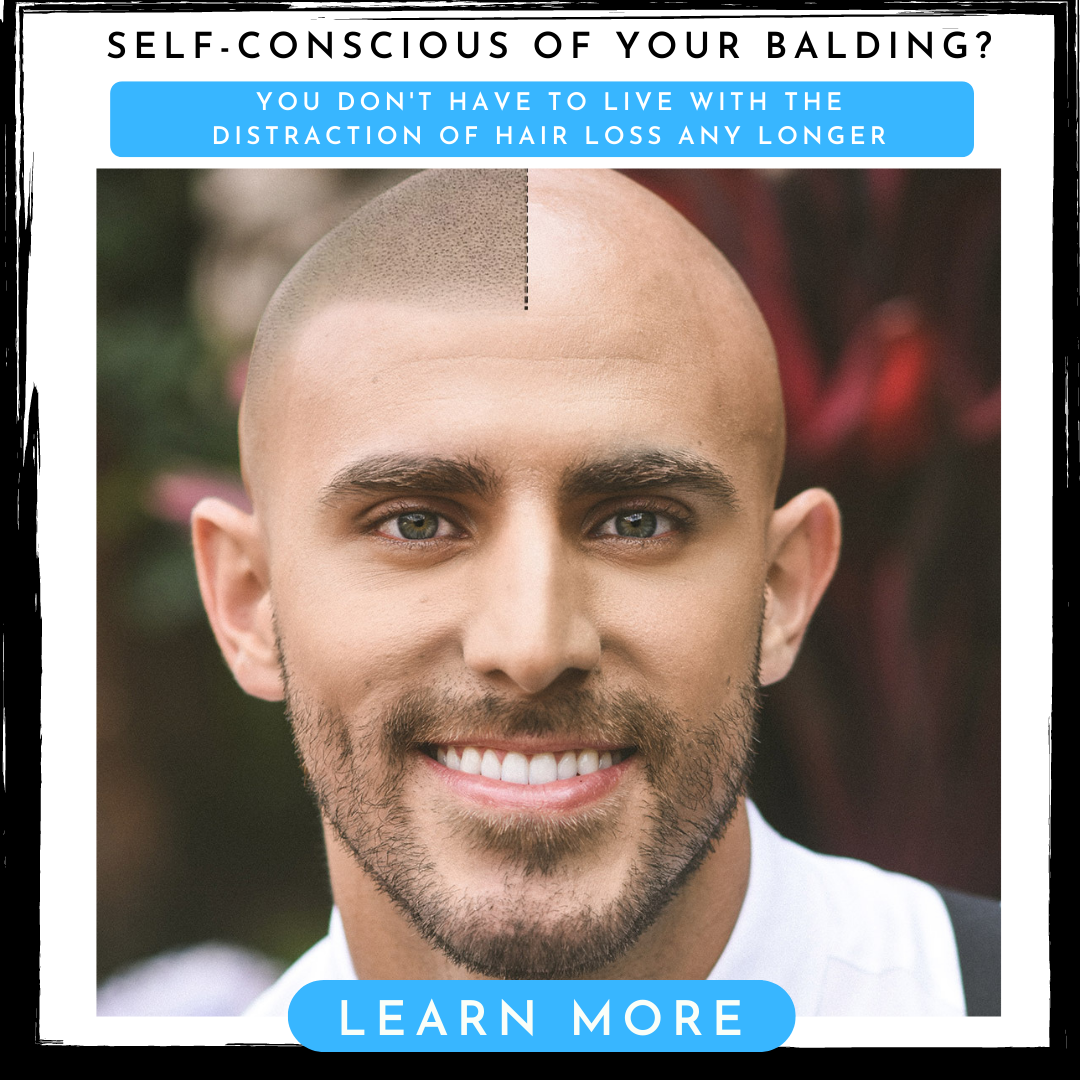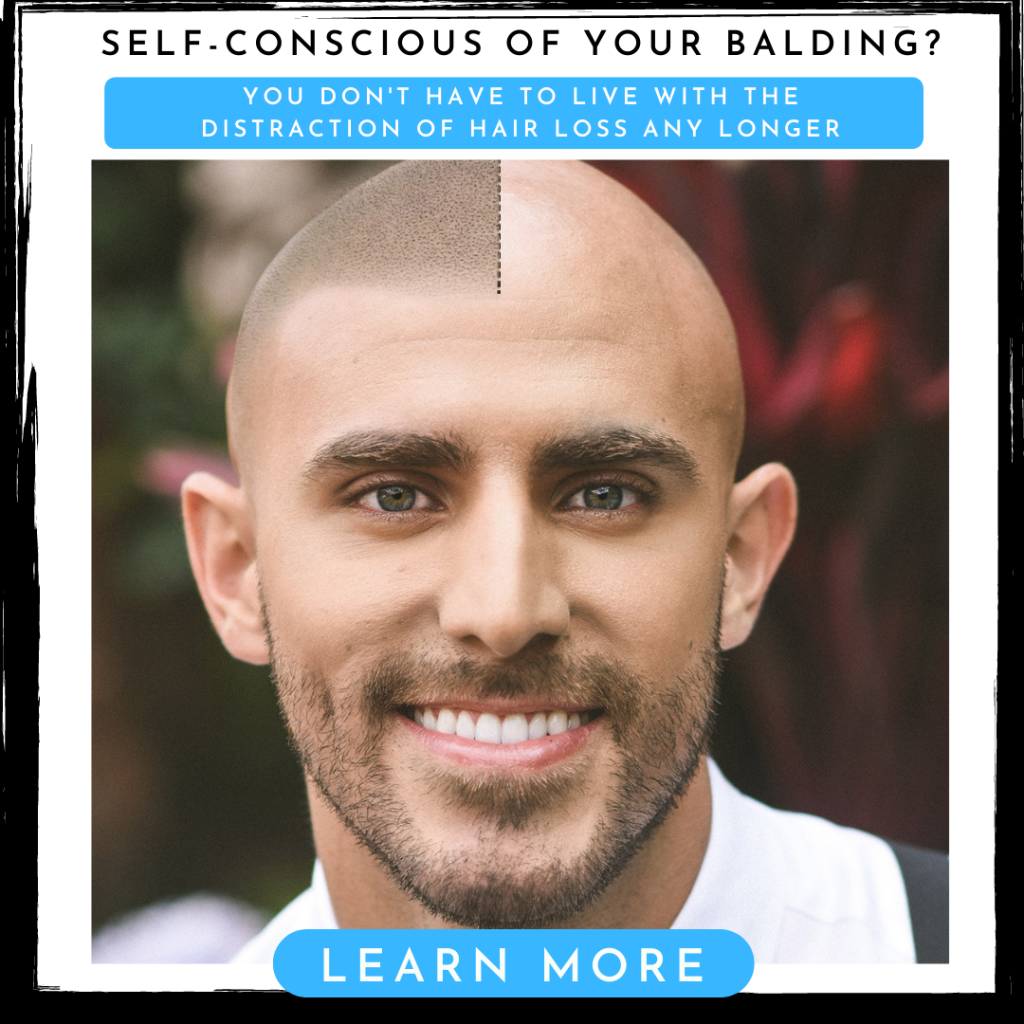“Dress for Success”…
We have all heard this phrase at one time or another. Your level of confidence, your mood, and the way you behave with another is affected by the way you dress. The clothes that we wear symbolizes how we see ourselves, changes the perception of others, and how we perform. Think about it, if there’s an important job interview, would you show up in flip flops? Why do you take your time to pick an outfit and dress appropriately? Because instinctively we understand the importance of making a good first impression.
Table of Contents
You may or may not have come across the term “enclothed cognition”. This concept was introduced by Hajo Adam and Adam Galinsky in 2012 which states that the perception of the person changes depending upon the particular clothing they are wearing. Our mind immediately makes a connection with what a certain dress style represents, and makes an assumption about the person. A good example would be, a person who goes grocery shopping wearing gym clothes; we immediately know that for this person, fitness is a priority. This works the other way round too, we know that when you wear your workout clothes, your mind immediately tunes into ‘exercise mode’. Even if you don’t feel like working out, if you manage to put on your workout clothes, the likelihood of actually working out is higher!
To test the concept of enclothed cognition, an interesting experiment was carried out by researchers, they gathered data from two groups of people. Both groups of people were given a white coat to wear, one group was told that it was a painter’s coat and the other group was told that it was a doctor’s coat. The group who thought they were wearing a doctor’s coat performed better in the tasks given than the other group. This showed that what you wear not only changes other people’s perspective of you but also the way you see yourself. The psychological impact of clothes that you wear can be used for your advantage – to make a statement to others as well as to improve your own performance.
How much time do you spend to pick out an outfit to go on a first date? If it’s someone you really like, do you spend extra time choosing an outfit? Did you think about the reason? Our minds automatically assume that if one shows up properly dressed for a date, he or she cares a lot about making an impression.
It’s also an important factor in making an educated guess about certain characteristics such as the sense of style, time, and effort spent on self-maintenance and the ability to choose decent outfits. In some rare instances, this can lead to making wrong conclusions about a person too! But overall, dressing up would always work in your favor. So why not take an extra few mins to dress up?
“You can have anything you want If you dress for it.”
–Edith Head
Instead of looking for an answer to this question, try answering this with an experiment. If you work from home, instead of PJs try dressing up and starting your work. See how your performance, focus, and productivity is affected. Dressing professionally is perhaps one of the biggest factors which can have a huge impact on the way others see you and the way they treat you. Automatically, our mind makes assumptions based on the way another person is dressed.
If a person takes great care and time to dress oneself for a meeting, we can assume that he or she knows how to represent himself/herself and considers the meeting as an important event. We can even expect that he or she is both reliable and responsible. An employer can decide easily whether a future candidate has potential, based on the way he or she dresses for the interview. Based on the attire, the employer can speculate certain things – whether the candidate can be a good representation of the company. However, always remember that these presumptions based on attire need to be tested later. There’s always a lot more to the story, a lot more to a person than the layers of clothes one chooses to wear.
Your clothes say a lot about you. Almost all of us have our own signature style. Some manage to pull off their signature styles even in a corporate setting. It’s easy to identify these types of people who already know their style and are set in their ways. Then there are certain others who don’t care much about clothes and simply wear anything. In both these types, you can say that it shows how one treats oneself and represents oneself.
Dressing up doesn’t apply only to work life. Events like weddings are important social events which help you to make a statement about you and how much you care about the event. For many, these events might be occasions to make a fashion statement as well, however, wedding attire usually creates a sense of belonging and a sense of community among the attendees.
We are not suggesting that you should completely ignore your instincts and your personal style just to fit into some social norms. You need to understand which styles apply for which types of occasions and align your style with who you are. When you know who you are, you can easily exhibit your confidence regardless of what you wear.
Let’s take a classic example of a doctor. We all know that doctors often wear a white coat and usually wear a tie. If a doctor shows up in shorts and a t-shirt to examine you, how would you feel? Would you question whether he is a real doctor or not in your head? Mostly certainly, the answer is yes. We have been programmed to expect certain professionals to dress in a certain way and our mind makes the connections based on what the clothes symbolize.
This system of making assumptions based on clothing will keep changing as communities become more open-minded. For example, Michael Singer in his book The Surrender Experiment states that when he was working as a lecturer at the university, his students and other lecturers didn’t seem to mind having a lecturer in a ponytail who wears sandals. Deviating from the traditionally accepted professional dress code may not work for most people, especially in the corporate world. The way you dress will certainly affect how you are treated, so always keep in mind how other people’s perception works and dress accordingly when you want to make an impression and get work done.
Of course, there are exceptions. Standard casual grey t-shirt and jeans of Mark Zuckerberg and the trademark black turtle neck of Steve Jobs may not come across as being in the standard professional dress code category. They both have their own reasons for dressing that way, the main reasons being the removal of decision fatigue and maintaining simplicity.
Steve Jobs and Mark Zuckerberg were never expected to conform to social rules; because they were well known to bend the rules setting new standards in tech and style. These exceptional people may not need to dress the part in order to be the part. Perhaps the way they dress is the best dress code that works for them in order to perform at their best. In this case, they do dress the part, just not according to the standard social rules.
Now that many of us are mostly working from home, perhaps ditching your comfort clothes, and dressing the part will help you accomplish more productive work. It will also signal others in your family that you are going into ‘work mode’. More importantly, your mind will easily adjust to ‘work mode’ and as a result, your level of productivity will surely increase. In the same way, when you wear comfortable clothes to prepare for your meditation, notice how quickly your mind will be prepared to start your meditation practice. Dress the part in order to be the part whether you are at work or at home – feel the difference!









